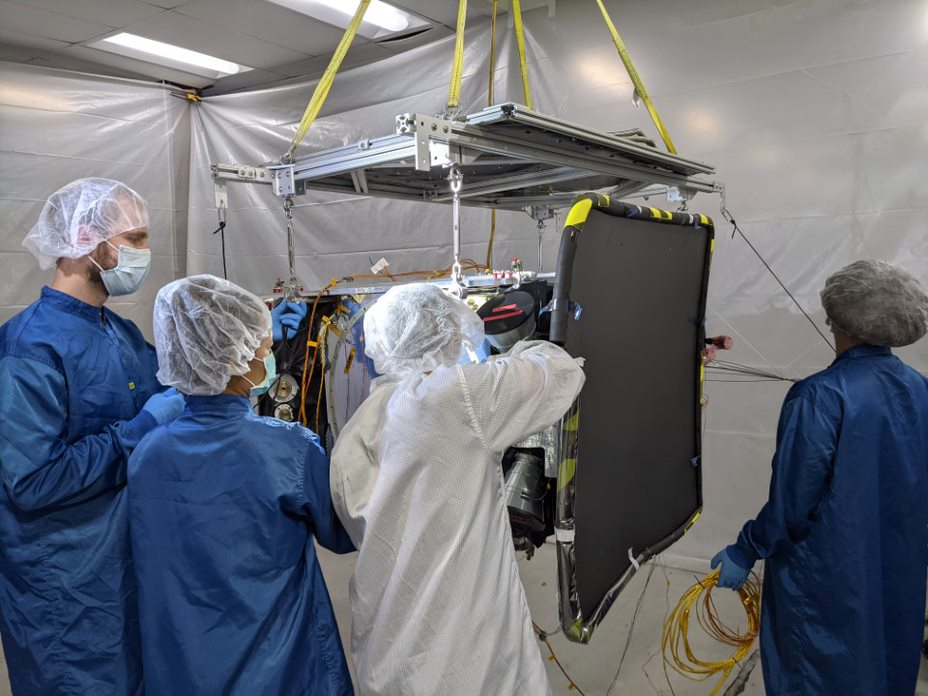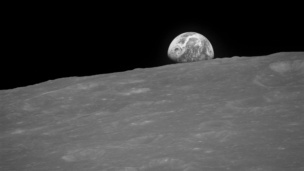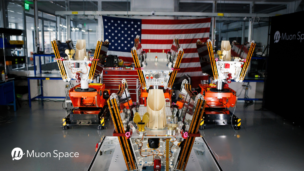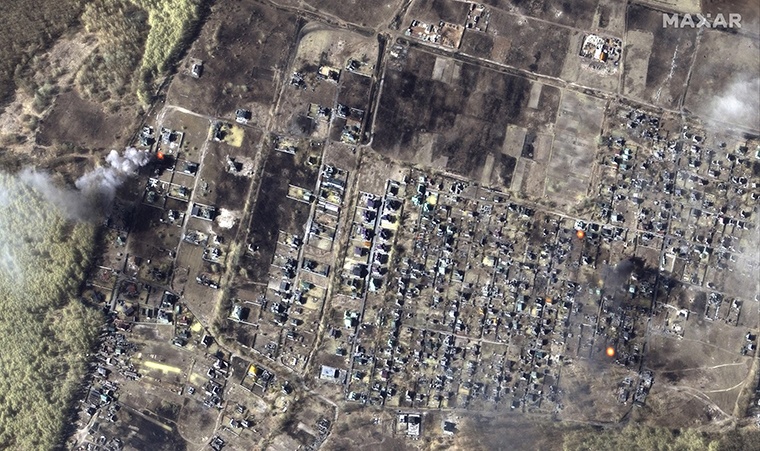Astranis says its first commercial satellite is “ready for launch.”
On Wednesday, the SF-based space unicorn said it had cleared all major tests for its first MicroGEO satellite…including the vibe test campaign (vibration/vibroacoustic tests), along with final solar array and antenna deployment tests, propulsion system tests, software tests, and electrical checkouts.
- In late December, the spacecraft successfully completed thermal vacuum (TVAC) tests.
- At the time, Astranis also announced that it had secured “all perils” insurance coverage for the satellite, covering launch + year one of on-orbit ops.
- Earlier in the month, Astranis signed a $90M contract with Andesat, a Latin American telco, to help leapfrog networks from 2G to 4G .
MicroGEO fast facts
- Lifespan: One decade
- Use case: connectivity & cellular backhaul
- Lead time: 12-18 months to build
- Bells & whistles: Software-defined, reprogrammable radio and bespoke thermal, structural, and electronic componentry built from scratch
- Future home: A GEO orbit ~36,000 km away from Earth
- Weight: 400 kg (~880 lb). That may sound heavy to humans, but MicroGEO is ~1/20th the size of its geostationary compatriots…and 1/10th the cost, per Astranis.
There are tradeoffs to the nimble form factor, as Astranis cofounder and CEO John Gedmark told us in December. “Each of our satellites is a smaller, more targeted chunk of capacity,” compared to conventional GEO craft that can cover an entire continent.
Astranis is leasing all of its first satellite’s capacity to Pacific Dataport, an Anchorage, AK-based satellite middle-mile provider. Astranis has said that once operational, MicroGEO will provide Alaska with 7.5 Gbps of capacity, ~3X the satellite bandwidth that the state has today.
Pacific Dataport POV: “Complete and ubiquitous coverage of Alaska has been our primary mission from the start,” CEO Chuck Schumann said in a press release. Alaska is the largest US state, and with the lowest population density, far-flung towns without cell towers, cable, and fiber are commonplace. “Affordable, reliable broadband is a generational change for a community like that and this satellite is going to help us bring this change for our entire state.”
Up next: Astranis says its Alaska satellite is ready to ship to the launch site. Later this year, MicroGEO will ride as a secondary payload to ViaSat-3 on Falcon Heavy.





